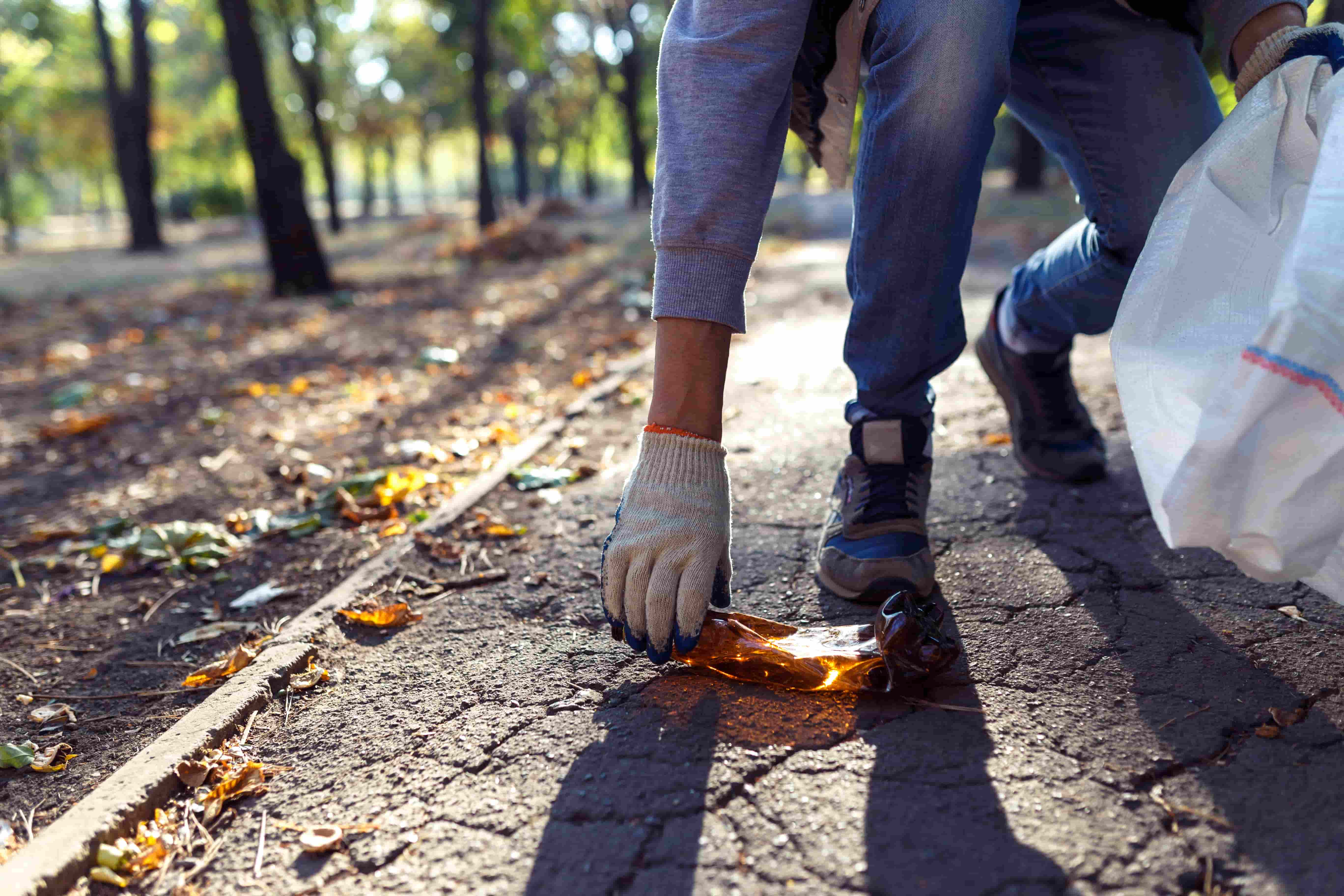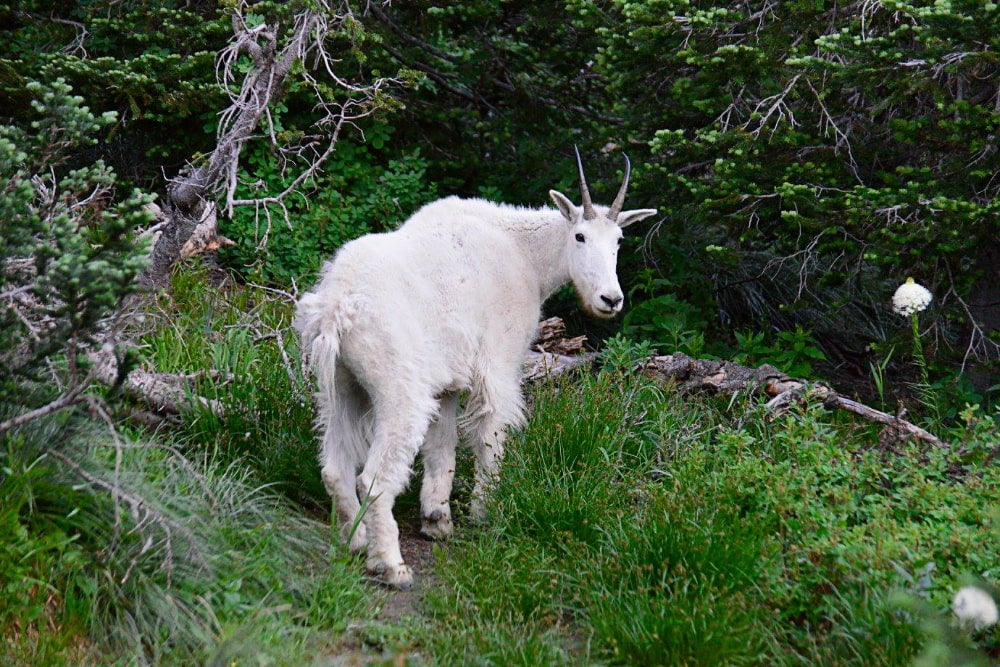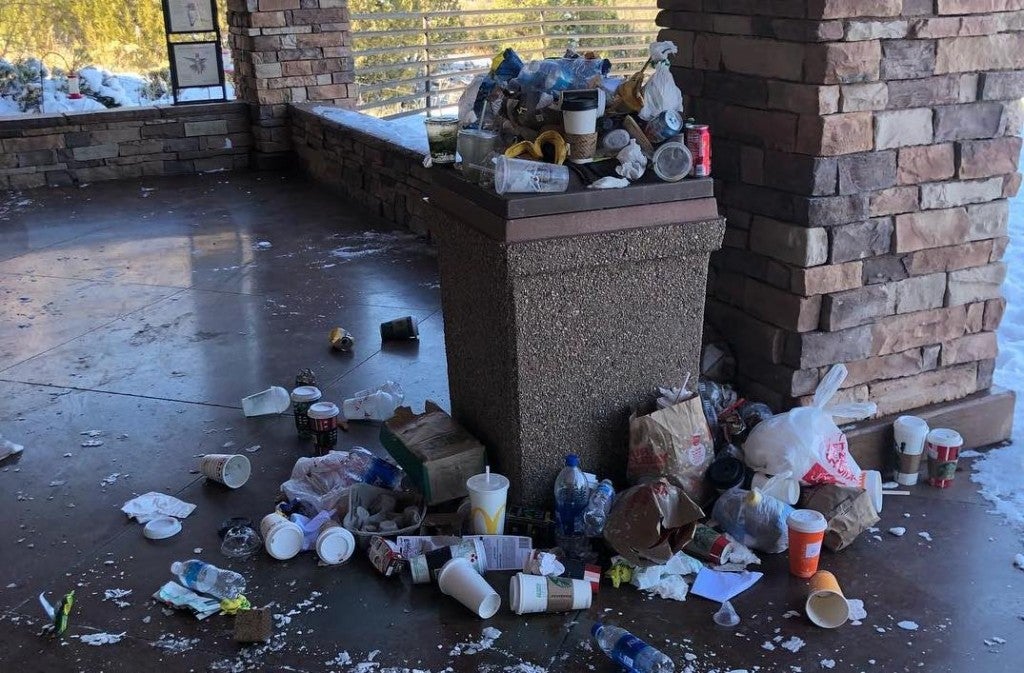Today, the Leave No Trace Center for Outdoor Ethics released guidelines for visitors to national parks during the partial government shutdown. The dire situation of many of the country’s national parks has worsened as the shutdown continues; with 85 percent of national parks employees furloughed, park facilities are suffering from minimal staff, irresponsible camping behavior and unsanitary conditions.
“The reports of impacts vary from park to park,” Deputy Director of Leave No Trace, Susy Alkaitis, tells The Dyrt. “We are hearing about significant crowding, conflicts among people arguing over campsites, rescue operations gone awry, garbage and human waste. Many are working without pay to help and private entities are stepping in to lend support and resources, which is great to see. We worry specifically about the safety of wildlife and damage to the land, both which are preventable.”
Leave No Trace is a national non-profit aimed at protecting the outdoors in the United States. They work to educate and inform people on how to enjoy the outdoors responsibly. The issues caused by the lack of staffing and the government shutdown prompted the group to release these measures that campers and visitors can follow to travel and camp responsibly during the government shutdown.
First and foremost, it’s best to avoid camping in National Parks right now. But if you are heading out, please abide by these crucial guidelines
1. Develop a Plan B
The number one recommendation from Leave No Trace is to find an alternative to a national park while the shutdown is still in effect. Municipal and state parks are abundant across the country, and while the federal staffing for national parks remains low, giving the parks a break might be the best thing you can do for them.
2. Pack It Out
Known by many different sayings among responsible outdoors lovers, packing out what you bring in is a major part of keeping parks clean, and is more important now in national parks with deferred maintenance from the shutdown. Be sure to carry extra trash bags, plan ahead to know how you’re going to make sure your trash leaves with you, and try to pack out trash in the park that isn’t yours.
3. It’s Time to Try
Beyond the overflow of trash seen in national parks, the shutdown has led to a lack of restroom maintenance at campgrounds and ranger stations, forcing parks like Joshua Tree National Park to close their campgrounds due to unsanitary conditions. Leave No Trace advocated for campers to make use of use of “biodegradable, disposable toilet-in-a-bag-type products.” Keeping the parks clean from human waste protects wildlife, water sources and fellow visitors and campers.
4. Share Well With Others
As employees at many parks remain on furlough, Leave No Trace encourages campers themselves to share the policies and guidelines that keep the parks safe and clean between campers, as many employees are unable to spread this while on leave. If you see someone acting in irresponsibly or in a way that could cause harm, it can be helpful to suggest an alternative action, or to offer to help them clean up after themselves. We’re all in this together.
The Dyrt is the only camping app with all of the public and private campgrounds, RV parks, and free camping locations in the United States. Download now for iOS and Android.Popular Articles:
Articles on The Dyrt Magazine may contain links to affiliate websites. The Dyrt receives an affiliate commission for any purchases made by using such links at no additional cost to you the consumer.



